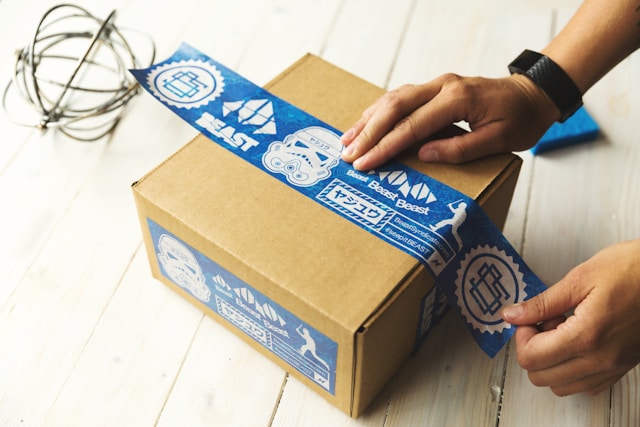How Contract Packaging Automation Improves Product Consistency and Efficiency

In today’s fast-paced manufacturing landscape, contract packaging has become an essential solution for brands seeking flexibility, scalability, and speed to market. Whether it’s food and beverage producers, consumer goods companies, or pharmaceutical brands, many are turning to contract packaging automation to gain a competitive edge without the high costs of in-house equipment and labor.
Contract packaging automation refers to the use of advanced machinery and robotics by third-party packaging providers (also known as co-packers) to handle product packaging processes efficiently and consistently. From filling and sealing to labeling and palletizing, automation streamlines each stage of production, helping brands meet deadlines while maintaining quality control.
Table of Contents
1. Consistency That Builds Brand Trust
Product consistency is one of the most significant advantages of automated contract packaging. Automated systems are programmed to perform repetitive tasks with high precision, ensuring that each package is identical in weight, seal quality, and labeling placement. This level of uniformity reduces human error and eliminates variations that can occur during manual operations.
For consumer-facing products, consistency is key to brand trust. Whether it’s a line of snack foods, cosmetics, or household items, automated packaging ensures that every product on the shelf looks, feels, and performs the same—reinforcing reliability and brand reputation.
2. Increased Throughput and Faster Turnaround
In industries where production schedules are tight, automation can make the difference between meeting a retailer’s deadline and missing it. Automated systems can handle large production runs with minimal downtime, reducing bottlenecks and manual handling. This higher throughput allows contract packagers to fulfill orders faster and at a lower per-unit cost—benefits that directly translate to savings and scalability for clients.
Moreover, automated systems can operate around the clock with limited supervision, allowing contract packagers to accommodate high-volume seasonal demands or rapid reorders with ease.
3. Quality Control and Reduced Waste
Modern contract packaging automation systems often incorporate smart sensors, vision systems, and data-driven quality checks that detect packaging defects in real time. By catching inconsistencies early, automation reduces material waste and prevents defective products from reaching consumers.
This integration of inspection technology ensures every packaged product meets strict quality standards—especially critical in industries like food, pharmaceuticals, and nutraceuticals, where compliance and safety regulations are stringent.
4. Flexibility Across Multiple Product Lines
Contract packagers often serve clients from diverse industries, requiring machinery capable of adapting to different package sizes, materials, and product types. Automated systems can be easily configured or reprogrammed to accommodate these variations, minimizing setup time between runs.
This flexibility makes contract packaging automation an ideal choice for brands with frequently changing product lines or those launching limited-time promotions that require fast turnaround and customization.
5. Supporting Sustainable Packaging Goals
As sustainability continues to influence purchasing decisions, automation is helping contract packagers adopt eco-friendly materials and minimize waste. Precise material usage and reduced product loss contribute to a lower environmental footprint, while advanced control systems can optimize energy consumption across packaging lines.
The Future of Contract Packaging
As consumer expectations rise and production timelines shorten, contract packaging automation will continue to evolve as a cornerstone of modern manufacturing. Companies that partner with automated co-packers gain more than just production capacity they gain a reliable, consistent, and quality-driven extension of their brand.
By embracing automation, contract packaging providers are not only improving operational efficiency but also enabling their clients to innovate, scale, and thrive in an increasingly competitive market.







